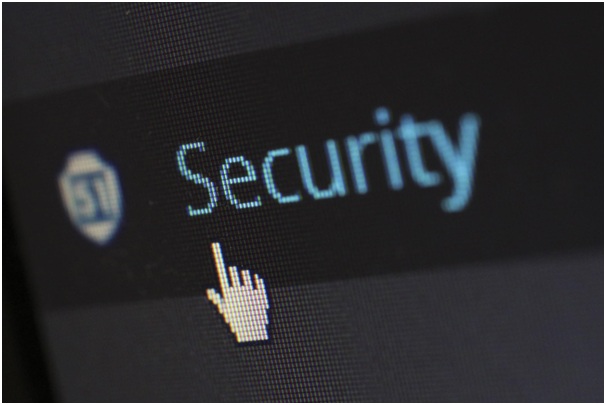Nothing gets stolen more often than a credit card after an online purchase. Yet alone in the US, users report about 80 Million cases of stolen credit cards per year – after online shopping. As safe as it may seem to simply use a credit card to buy anything you want or to pay your bills, it’s one of the most non-secure payment options these days. You might be safer if you’re using a VPN. However, using a VPN Bitcoin is even safer. Here’s why.
A VPN only protects you for so long.
Let’s start with the basics. A VPN encrypts the association between a device, such as your computer, and an organization, like an online shop. As soon as you interact, aka browsing, with an online shop or any other platform in the world wide web, any transmitted information is scrambled and heavily encrypted. This would include your IP address, for example. Neither would the regarding organization be able to receive any other private data from you. Hence, even organizations are using a VPN bitcoin tool to keep information they might exchange private.
However, once you’re entering private information on the web page of an online shop, it’s on you. As you’re entering your credit card details, the information you provide, the system automatically encrypts your information to ensure your security You can also see if the online shop or service provider you intend to pay by credit card uses an encrypted format with that bit of lock that appears in front of the web address. You can quickly locate that little lock at the top of your address bar. If you don’t see the wave, neither a VPN nor any other encryption version will help.

What could go wrong?
Right, let’s move ahead to the step where you’d enter your credit card details at an online shop. To make it a little easier to understand the process of data encryption and its perils, let’s assume you found the little lock sign. As previously mentioned, it is out of a VPN’s hands once you enter personal details on some page.
However, if the page is using encrypted forms, your credit card information remains on the online shop servers. And not all of your credit card information is encrypted—only your credit card number, except the last four digits. Your CVV is usually not stored, but you never know. Still, whatever you leave on a store’s server has very little to do with a VPN. Unless you’re going the extra mile using the VPN bitcoin tool.
VPN provides you with an extra layer of security
Wherever you might be and decide to pay a service or a purchase online, a VPN always adds a security layer to your connection. If you’re connected to public WiFi, your relationship is not safe at all. Anyone who’s also connected to the same network can easily hack into your device. A virtual attack might not be as vulnerable if the WiFi has a password. However, as stated above, the VPN bitcoin software can only protect you so far.
Use a VPN bitcoin software and stay safe
Even if you were using a VPN service out and about and quickly ordered those groceries online, your data is still at risk. Only the information you share for the connection makes it safer, but that’s all. A VPN service does not protect any transaction you do on the internet. Moreover, it’s up to the store or the web page offering services if they do hash and salt your password.
While a store’s server will always store parts of your credit card information, it never is a good idea to save your credit card details on that page. It might be convenient for you to never have to enter it again. But web pages are even more unsafe. You know the most valuable goods are data nowadays. That does, of course, also apply to credit card details. Just try to think about how often it broke the news that certain email providers were hacked. Or social media platforms. And then there are online shops that are also unsafe. What doesn’t get hacked as easily is Bitcoin with VPN bitcoin software.

How to keep your payments private
No one wants to share his payment details ever. It’s one thing to hand cash to a merchant in town, but an entirely different matter if someone knows your credit card details. Credit card details are often connected to some bank accounts. Once someone gets ahold of your credit card info, they also have your name and account number. It’s easy as pie to then fake your identity and max out your credit card. Fortunately, there’s one way around it.
Protecting your Cryptocurrencies
Cryptocurrencies encrypt all data from any payment transactions. Thus, you get the best of both worlds. At first, you’re using a VPN for extra security. Second, it’s almost impossible to hack a Bitcoin wallet. If you’re using VPN Bitcoin, none of your payment info can easily be viewed or abused. Certainly not as quickly as credit card info. You know, with Bitcoin, all transactions are safe under a complicated algorithm. However, your details are not entirely anonymous via Bitcoin either.
Be Anonymous
Bitcoin only gives you a pseudonym as a user for a transaction. Anyone in the world can view any transaction done by Bitcoin. Although they may not know it’s you, Sue from Alabama, or Matthew from Suffolk, one can follow any transaction. Couple this information with the address details you left at an online shop and… Well, then you could as well have used a simple credit card.
Final Words
VPN and Bitcoin may make you a little bit safer out there in this vast world of wonders and special offers. With utmost certainty, both security measurements make you safer than using only a credit card with a VPN service.





Be First to Comment